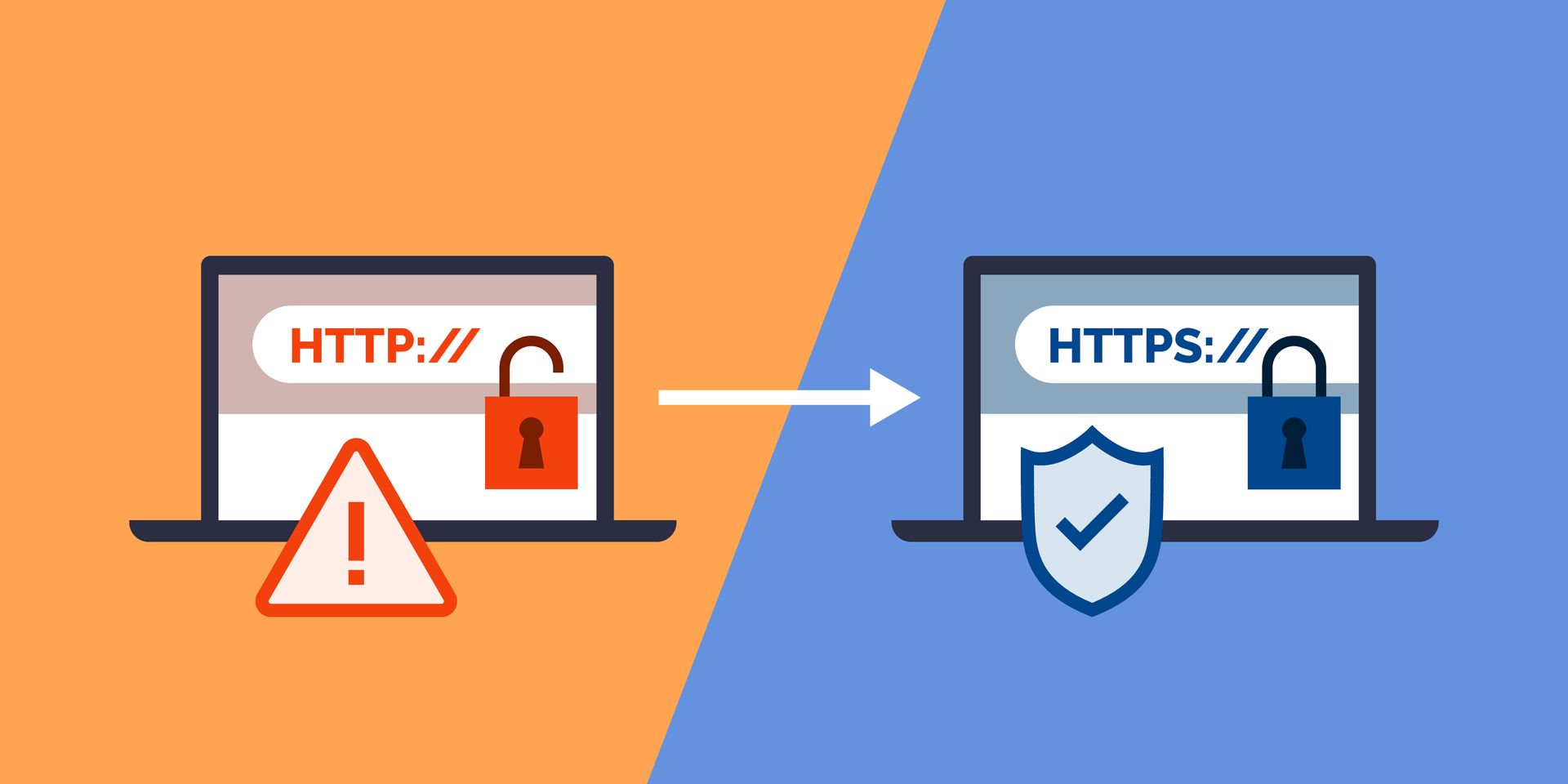The Importance of HTTPS

When you think about building a website from the ground up, there is much to consider beyond design. Privacy, for example, is a significant component of website success that many people don’t consider. This is because so many DIY site builders automatically incorporate the features you need to protect your business’s data online.
But when you’re creating a site from scratch, whether that’s solo or with the help of a professional web developer, privacy can become a major concern.
Understanding how to use HTTPS is the most fundamental way to begin protecting your site.
What is HTTPS?
HTTPS stands for Hypertext Transfer Protocol Secure. It is the internet’s leading standard for protecting digital communications. Every time you or someone else interacts with your website, data is shared between your devices and the website’s server.
Without protection, your personal information is at risk. HTTPS adds a protective barrier to your data by encrypting it inside a protocol called SSL/TLS. Encryption aids a process called authentication, which helps verify the identity of the user, device, or network.
How HTTPS Works
When a user connects to your website by typing in its URL or clicking a button, they are requesting access to the page. Your website sends an encrypted SSL certificate to the user’s device, which allows them to start a secure browsing session.
Messages from your server and their device are protected, ensuring information such as IP address, port numbers, and domain names stay private.
All of this is done using SSL or Secure Socket Layer. An SSL creates a unique encrypted link through an SSL certificate.
What does HTTPS do for privacy?
When a website uses HTTPS, it also verifies its identity to users. It ensures that they truly access a website they want to, that it values their privacy, and uses the latest internet protocol to protect their data.
The most essential thing HTTPS does for a user is confirm that a website is genuine. Phishing attacks and hackers are great at masquerading as other sites, including major brand names. Someone might make a purchase on “Walmart,” only to realize they were on a shame site that stole their payment details.
HTTPS, which comes before a site’s URL in the address bar, proves that a business’s page is verified and authentic.
HTTPS utilises encryption services on the owner’s end to protect your data and prevent unauthorized data collection, hacking, and malware attacks.
What Happens When You use HTTPS
- Your website runs faster. Sites using HTTPS can transfer data faster and be more responsive.
- You improve SEO. Google favors HTTPS sites, so it’s a great step for off-page search engine optimization.
- Even stolen data is secure. If someone does manage to collect data from your site, it’s encrypted, so they won’t be able to read it or make any changes to it.
- Hackers are kept out of users’ sessions. Even sneaky hackers who want to collect data passively cannot access secure sessions through HTTPS. They will not be able to monitor communication between your site and users’ devices.
- Increased security. People who access your site are given an encrypted link unique to their session. Secure connections mean lower risks all around.
If you’re looking for professional web development in Tampa, Florida, please contact us at JENSEN TEK today and get your SSL for
free on your website.

